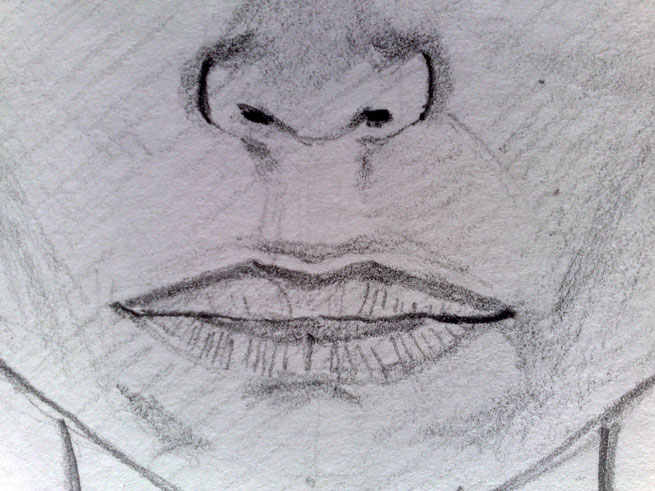I was recently chatting to a Vice.com editor who asked why it feels wrong when people use mental health terms in a casual, perhaps exaggerated way:
‘I totally had a panic attack yesterday!’
‘He’s gone schizo on us’
‘She’s so bi-polar!’
Is this offensive to people who actually have the mental health problems that the words technically describe? Does it contribute to stigma? As ever with language use, there is no clear-cut answer. There are, however, a few things to bear in mind.

Word meanings are not fixed or static, but change through use. Depending on how, when and by whom words are frequently used they can acquire new associations or entirely new meanings. A good example is: if I tell you that ‘A friend of mine went through something recently’ would you expect their experience to have been positive or negative? The chances are you’ll think they had a rough time. There is nothing inherent in the expression ‘went through’ that would explain this. But through corpus linguistic analyses we know that ‘went through’ is most frequently used to describe challenging, painful and difficult experiences. This usage has coloured its meaning. In a similar way, when words like ‘depressed’ are used loosely to mean ‘a bit upset’, their technical meaning becomes diluted and the word begins to denote a simpler, often fleeting, everyday emotion.
The problem is that mental health disorders such as depression, schizophrenia, anxiety and bi-polar disorder are not simple and fleeting and everyday. They are complex illnesses that require treatment. But when the technical terms for them begin to mean something everyday, it becomes harder to express when something is really, seriously wrong. If everyone regularly claims to be depressed, then ‘depressed’ becomes normal. It potentially makes it more difficult for someone with real depression to be taken seriously, to ask for help. And it may even lead others – thinking the illness to be something fleeting and simple – to respond with ‘Just get over it’.
There might be further undesirable (unintended?) consequences. While loose use of these terms is not necessarily ‘offensive’, it just might contribute to the stigma around mental illness. If ‘bi-polar’, ‘schizo’ or the like are used to describe people whose behaviour we find disagreeable or annoying, this negative evaluation also becomes part of the meaning of the words themselves. So when someone is diagnosed with bi-polar disorder or schizophrenia, they may perceive this as a negative evaluation – a judgement – instead of a neutral label for an illness.
The idea is not to police people’s language. What’s OK to say among friends is different from what’s acceptable in public, and our intentions also matter. We all use potentially hyperbolic language for dramatic effect: ‘I’m shattered!’ or ‘I’m so destroyed!’ Nevertheless, it might be worth being aware of how our language might affect others, especially when it comes to mental health.





Rate and Review
Rate this article
Review this article
Log into OpenLearn to leave reviews and join in the conversation.
Article reviews